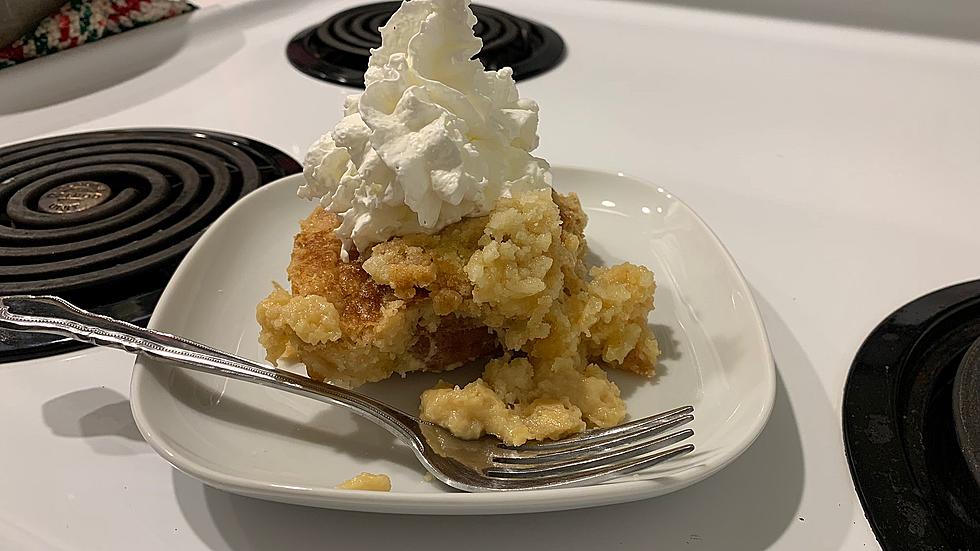
NYS DEC: Kill and Report This Threat to Syrup, Apples and Beer
Maple syrup, apples, and beer - yes beer - could be compromised if an invasive pest finds it way onto more trees and plants throughout New York State, including the Capital Region.
The NYS DEC recently warned New Yorkers about the seasonal return of the Spotted lanternfly (SLF) which is an invasive pest from Asia. They primarily feed on trees and plants such as hops, maple, walnut, fruit trees and a variety of others and could potentially infringe on some of New York's most profitable economic resources.
The DEC says they've been tracking them since they first appeared in Pennsylvania in 2014. Since then, they've been spotted in New Jersey, Delaware, Maryland, Virginia and New York.
According to their website, "SLF can jump and fly short distances, they spread primarily through human activity. They lay their eggs on vehicles, firewood, outdoor furniture, stone, etc. which are inadvertently transported to new areas, causing the insect to spread."
In a recent Facebook post, the DEC warns to keep an eye out now for the dime-sized black nymphs, and later this summer, to be on the lookout for the red colored nymphs.
"Do you love wine, beer, or maple syrup? If so, take note! Spotted lanternfly (SLF) is an invasive pest that feeds on many plants including grapes, hops, and maple trees – and we need your help to find it in NY. Finding infestations when they’re small is the key to preventing SLF from becoming widespread." -NYS DEC Facebook post
The fear is that these invasive pests could pose a threat to apples crops, grapes and more which collectively bring $300-400M a year to the state according to the DEC.
If you believe you may have spotted the insect, the DEC asks that you take pictures of the insect, egg masses and/or infestation and send an email to spottedlanternfly@agriculture.ny.gov. You may also report any sightings by clicking here.
LOOK: Here Are 30 Foods That Are Poisonous to Dogs
More From 94.3 Lite FM









